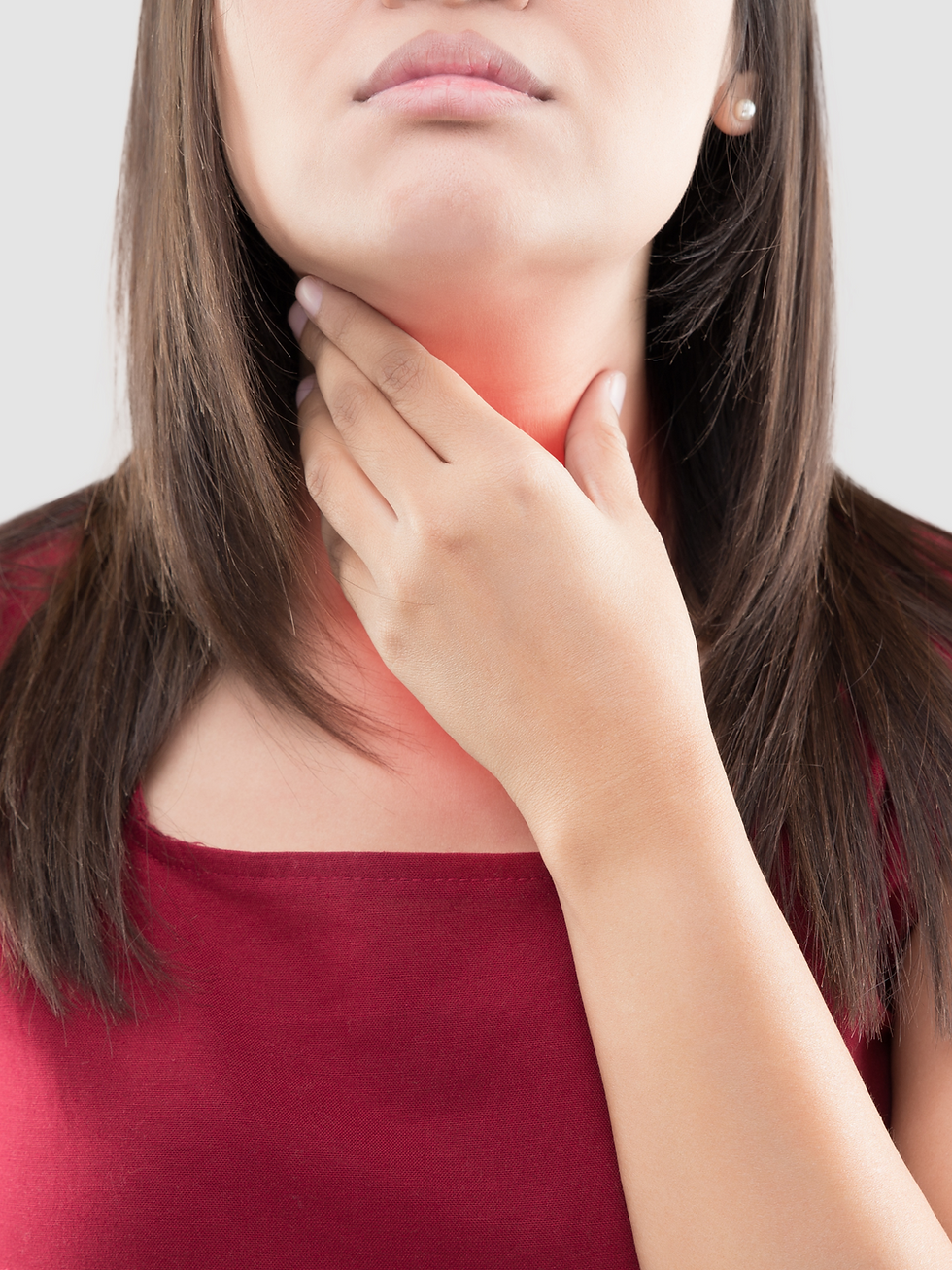Bloating 101
- Zahra Tromsness, MHSc, RD

- Aug 11, 2020
- 3 min read
Updated: Sep 20, 2020
Bloating occurs when the gastrointestinal (GI) tract is filled with air or gas. When you are bloated, your stomach feels tight and full as if you’ve eaten a big meal.

Bloating
IBS affects one in seven people and is often accompanied by gas, bloating, pain, constipation, or diarrhea. Many people are uncomfortable talking about their digestive challenges, but this is a very important conversation to have with your dietitian.
So, let’s dive into some pointers to help you manage bloating.
What is Bloating?
Abdominal distention or "feeling bloated" is a very common symptom most people have experienced at some point in their lives.
Bloating occurs when the gastrointestinal (GI) tract is filled with air or gas. When you are bloated, your stomach feels tight and full as if you’ve eaten a big meal.
Symptoms
Common symptoms of bloating include excessive gas, discomfort, and even pain, in your stomach. You may also experience burping and flatulence frequently or have intestinal rumbling and gurgling.
Causes
The most common triggers are often associated with food and eating, and can include indigestion, constipation, or excess gas building up in the stomach and intestines. Food intolerances or allergies, eating too fast, overeating, excessive alcohol consumption, and nutrient deficiencies can also cause bloating.
Other common causes of bloating include smoking, pregnancy, menstruation and/or PMS (premenstrual syndrome), and drugs that aggravate the stomach such as ibuprofen.
The following health conditions may also cause bloating:
SIBO (small intestinal bacterial overgrowth)
GERD (gastroesophageal reflux disease)
IBS (irritable bowel syndrome)
Celiac disease
IBD (inflammatory bowel disease)
Gastroparesis; bacterial or viral infection
Endometriosis
Diverticulitis
PID (Pelvic inflammatory disease)
liver disease
Gallstones
Hernia
Diabetes
Kidney failure
Anxiety or depression

When to see a doctor
Although rare, bloating could be a sign of something more serious. Contact your doctor if you have excessive or persistent bloating and gas that is accompanied by any of these symptoms:
Blood in your stool
Diarrhea
Noticeable weight loss
Severe abdominal pain
Fever
Nausea
Feeling faint or passing out
Vomiting lasts longer than 24 hours
Heartburn that is getting worse
Inability to eat or drink
Chest pain
Heart palpitation
Shortness of breath
Vaginal bleeding (between your periods, or if you are postmenopausal)

Foods that may cause bloating
Generally speaking, high fibre foods can cause bloating particularly in those who do not eat them regularly.
FODMAPs also commonly contribute to bloating. FODMAPs are specific carbohydrates present in a variety of fruits and vegetables as well as wheat and milk. These carbs are not well absorbed in the small intestine and are then rapidly fermented by bacteria in the colon. This causes a host of intestinal issues in people with sensitive guts.
Different groups of FODMAPs and food examples of each group include:
Oligosaccharides, found in onions, garlic, legumes, beans and wheat
Disaccharides, including lactose in milk, yogurt and ice cream
Monosaccharides, such as fructose found in honey, apples and pears
Polyols or sugar alcohols found in nectarines, plums, apricots, cauliflower, and also chewing gums, candies and artificial sweeteners.

Other foods that can cause bloating may include:
Fatty or greasy foods (fast food)
Soda/pop and carbonated beverages
Salty foods (high sodium) such as processed foods, canned soups, and frozen entrees.
Following a low FODMAP diet can be an effective way to decrease bloating. In this diet you restrict FODMAPs that are fermented by gut bacteria. The fermentation process causes gas to be released and distension of the gut that leads to bloating.
If you want to check out a low-FODMAP diet, best to consult a dietitian that specializes in that diet. In this new age of information, we are bombarded with LOADS of content and support services available. However, too much information can be overwhelming and just cause confusion. Remember that the low FODMAP diet is strictly for short term use. In addition, it's critical to ensure you're getting enough nutrients since you'll be avoiding or reducing important food groups. So instead of stressing over what to eat wondering when your symptoms will flare up next, talk to a specialist dietitian trained in IBS management.
To read more about the low FODMAP diet and behavioral management for bloating click here.








Comments